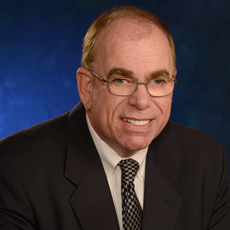
Depending on the numbers you choose to believe, senior living profit margins are a razor thin 3% — or more like 20%. Regardless, it’s obvious that some operators are engaging in a less than honorable business practice: systematically underpaying the help.
I’m not alluding to paltry wages or honest accounting mistakes. Rather, I’m referring to systemic efforts to goose profits by intentionally shorting people money they have earned.
Usually, such fiscal sleight of hand takes the form of not compensating employees for work that’s performed. This can include off-the-clock work, unpaid overtime, misclassification, improper calculations of regular rates, as well as missed, short or late meal and/or rest breaks.
Besides being ethically dubious, the practice carries this additional hazard: It can be expensive.
Consider: A senior living community in Allendale, NJ, has just agreed to pay almost $600,000 to settle a claim that asserts it shaved employee work hours to reduce costs and avoid paying overtime. The firm also ordered some workers to punch out and work off the clock, according to court documents.
Interestingly, $400,000 of an agreed-to settlement will go the lawyers who argued the case, while a compensation fund for the 412 workers who were shorted will be a considerably less generous $175,000. You can draw your own conclusions about that particular example of justice, American style.
A related lawsuit against the company is also working its way through the courts. This latter claim alleges that the operator made life miserable for a former director of human resources who raised concerns about payroll practices. It should be noted that the operator has denied any wrongdoing in both cases.
And to be fair, senior living organizations hardly hold a monopoly when it comes to payment irregularities. In fact, 51 wage and hour cases have already been settled for the first three-quarters of this year, at a cost to employers of $215 million. These totals come courtesy of NERA Economic Consulting.
But no matter where such shaving happens, it’s wrong. And it’s a bit of a mystery why prosecutors are so reluctant to go after firms that are clearly pulling a fast one.
After all, theft is theft. Even if the victims are people you know.
John O’Connor is Editorial Director at McKnight’s.




